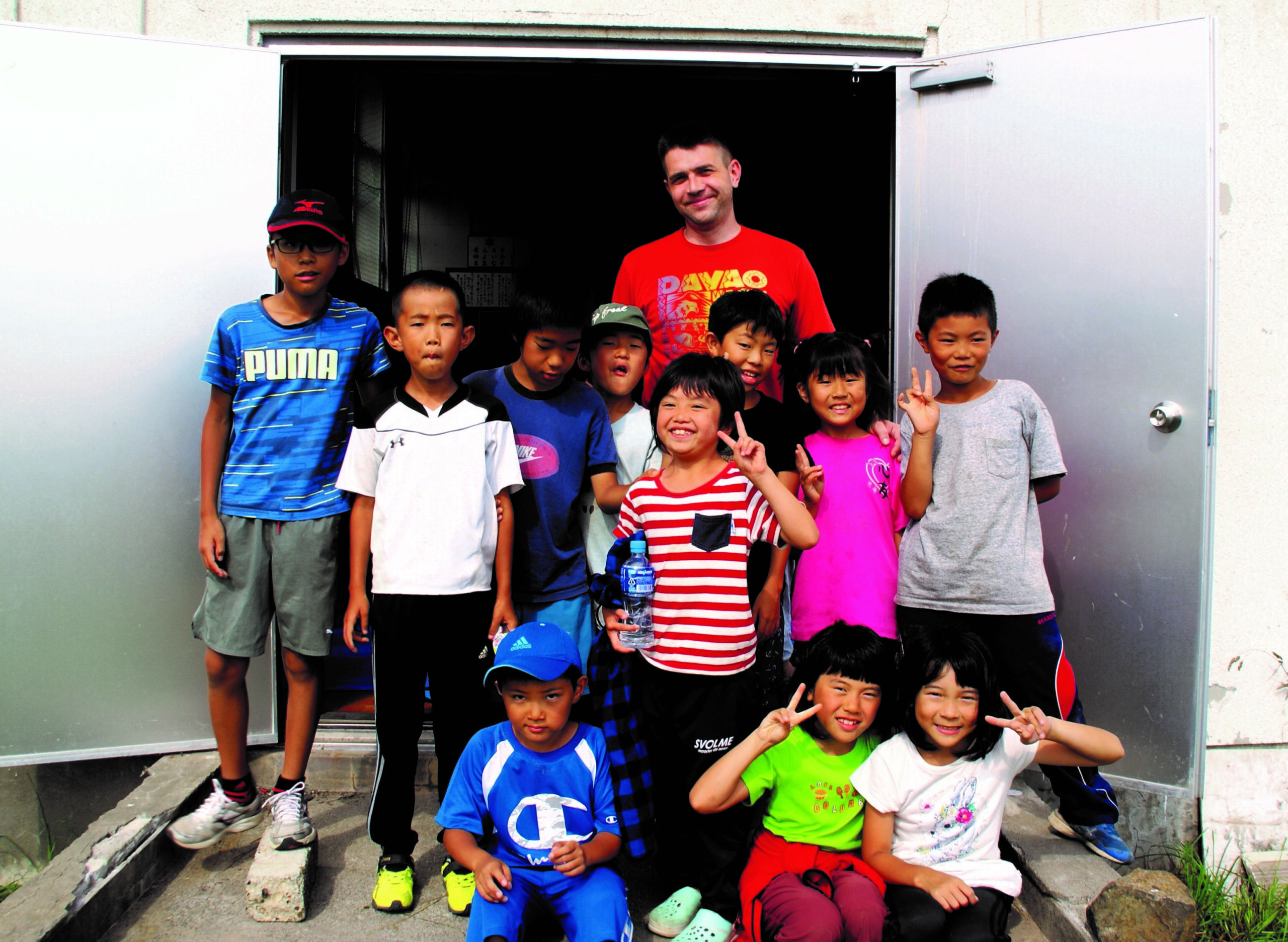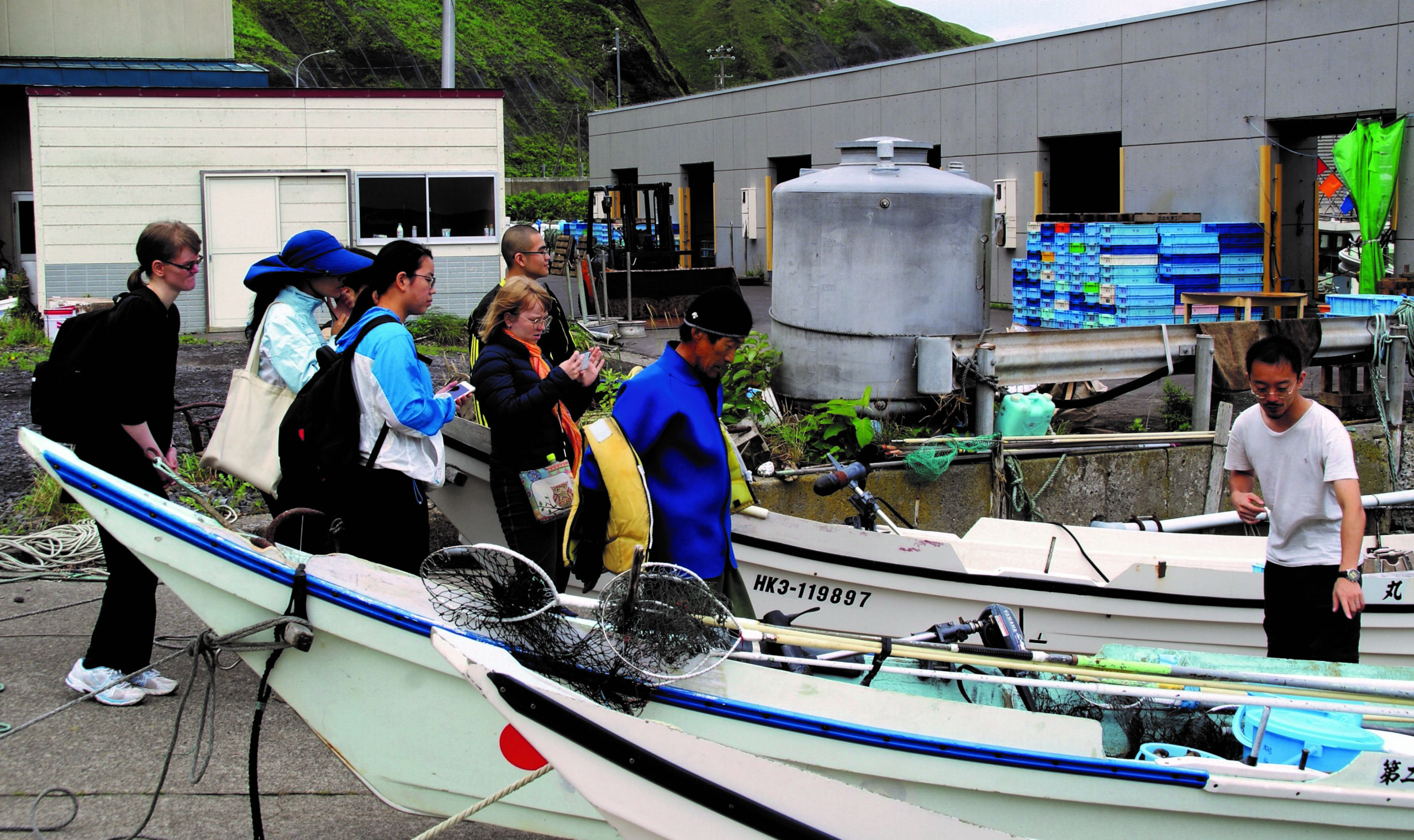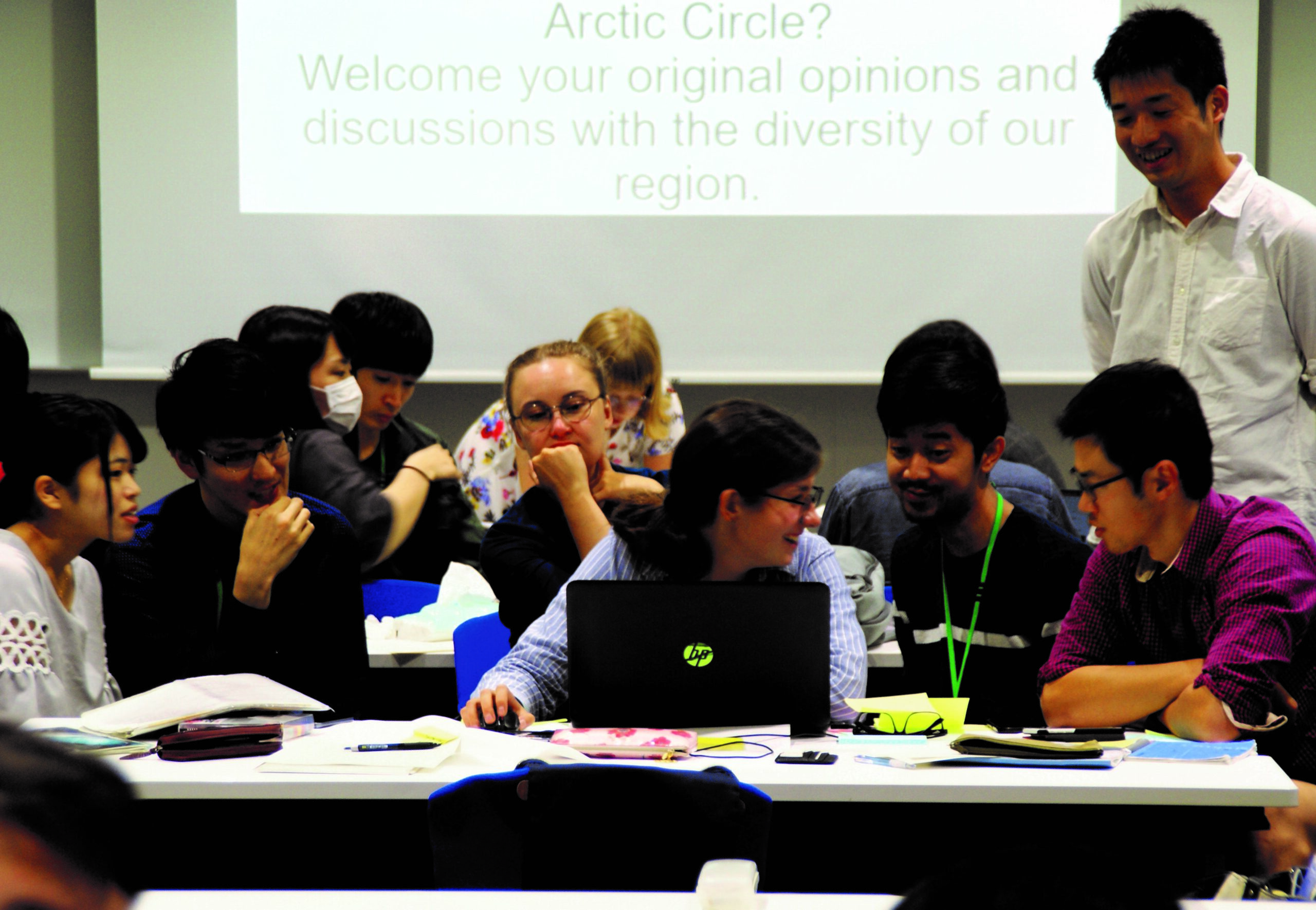Experience in Short-term
Diukov Evgenii
Home University:Far Eastern Federal university
Graduate school: School of Humanities
Course・Year: Master Course 1
Period of time: 4 August 2019 ~30 August 2019
Host University: Hokkaido University
FY2019 Basic Subjects
Content of courses
This year I took part in International Archaeological Field School in Rebun Island. The aim of the field school was to acquaint us with the archaeology of Japan and with the archaeology of Rebun island. Taking part in the excavations at the Hamanaka-2 site, we learned the Japanese method of excavation, processing and fixation of artifacts, taken the experience of Japanese colleagues. We also participated in the Introduction of Far East and Arctic studies RJE3 program. This course introduced us to various environmental problems in Japan, problems of Arctic exploration, problems of interaction between different countries and cultures. In this course, we have collaborated to offer some of our ways to solve these problems.
Hamanaka Elementary school with Japanese kids
Experiences
During the field school we studied the archaeological cultures of Rebun island and Northern Japan. We got acquainted with the Ainu archaeology and Ainu customs and rituals. At this school, we attended lectures of foreign experts on various topics related to archaeology and the problems of preserving the cultural heritage of the world’s indigenous peoples. We also had the opportunity to participate in the ethnographic study of the population of Rebun island and historical studies of Shinto shrines. During the program on Rebun island and in Sapporo, I acquired important skills in the processing of archaeological collections, in the methodology of excavations. I had the chance to visit the Museum in Kafuka – I learned how the Museum processes, preserves and exhibits its collection. I also made a lot of new and interesting acquaintances with people from different countries, improved my English language skills. This practice will help me in my future work in the field of archaeology both in Russia and in Japan.
Hamanaka fishing pier. Ethnografical survey with Assistant professor Shiaki Kondo
Impressions
This program allowed me to get acquainted with Japan and Japanese culture. I learned a lot of new things. I realized that people in Japan and in Russia are similar in some ways, and in some very different. Even the nature of Hokkaido and Rebun island is strikingly similar to the nature of Primorsky Krai with rare exceptions. It was very nice to see the names of streets on the road signs not only in Japanese but also in Russian. It was also nice to know that many Japanese people know Russian. It all means to me that we’re very close. The field school showed that when we, people from different countries, work together, we succeed. This allows to make a qualitative step forward. I plan to continue working with my Japanese colleagues and strengthen this cooperation.
Making presentation in Far East and Arctic studies in Hokkaido University
Gratitude
I want to express my gratitude for the opportunity to participate in this program. Japan is a wonderful country. Sapporo is a very beautiful city, and the most beautiful place in the city is the campus of Hokkaido University. I want to thank Hokkaido University, Professor Hirofumi Kato, Ms. Sachiko Kato and all the people who made this program and helped me.




